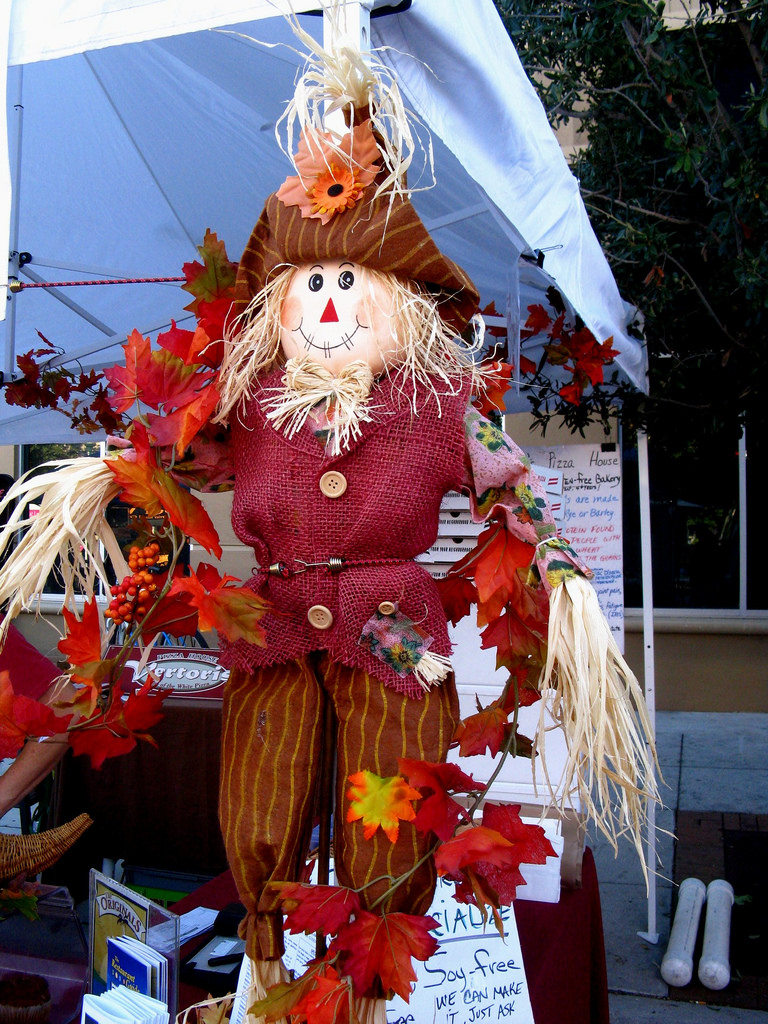Jurgis immigrated to the US from Lithuania. After marrying the girl of his dreams, he finds a good job and the family buys a house. Of course, his job is in a meat-packing plant where apparently people sometimes fall into the sausage maker which doesn’t stop running, but it pays the bills. His wife also finds a good job. Things are looking up until he gets injured and can’t get back into his job. His wife justly complains about not being properly paid and loses her job, too. This ultimately leads to them losing their house. After that his wife dies during labor because they couldn’t find a midwife who was willing to help them for the little they had. Jurgis, a hard-working man, but oppressed by the system, eventually stumbles upon the socialist party and things turn around.
We may remember this story from Upton Sinclair’s The Jungle which he published around the turn of the twentieth century. The story compels us to care about the plight of the poor who can’t figure out a way to get out of the scarcity trap. While we certainly should care about this, his portrayal makes the capitalist a simple villain. If we compare this book to something like Atlas Shrugged, we find the exact opposite characterization. Both portray their main characters as moral hard-working people. Both try to do what is right, but are oppressed by the slack-jawed, lazy folks of the other class. Both tend to create a straw man of their opposition as a way of strengthening the argument they are trying to make. We find it easier to vilify our opposition, making them utterly immoral rather than address the fact that few fit that simple of a mold. Almost no group can truly be synthesized into a flat façade as humans are neither simple nor similar.
Once we look for these straw men, we see them everywhere, especially as politicians try to convince us to vote for them. They simplify humanity’s complexity for the sake of their agenda. We should instead try to embrace the grayness the situation instead of comforting ourselves in specious characterizations made by those we follow. But we should take care because we can often find ourselves creating the same kind of straw men characterizations of those we interact with. Some of this stems from the Fundamental Attribution Error (that we attribute the actions of others to their character and our actions to our circumstances), but sometimes it’s easy to paint someone as a person who does nothing good and not to accept their fallibility in some areas while seeing their strength in others. This is especially insidious because we tend to dismiss contradictory evidence and amplify confirming evidence. As a result, we can find the caricature that we created of someone becoming stronger and stronger in spite of the truth.
Straw men abound, so instead let’s strip away the straw and find the real people underneath.

Leave a Reply